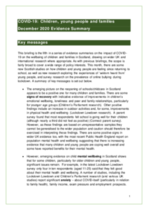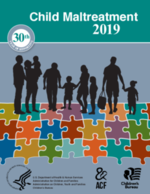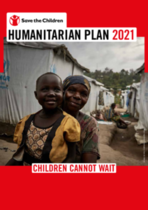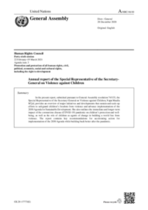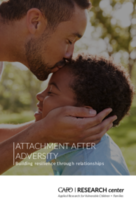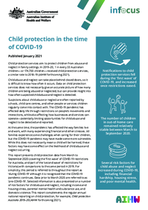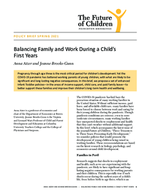Coronavirus (COVID-19): children, young people and families - evidence summary - December 2020
This briefing is the fifth in a series of evidence summaries on the impact of COVID-19 on the wellbeing of children and families in Scotland, drawing on wider UK and international research where appropriate.

